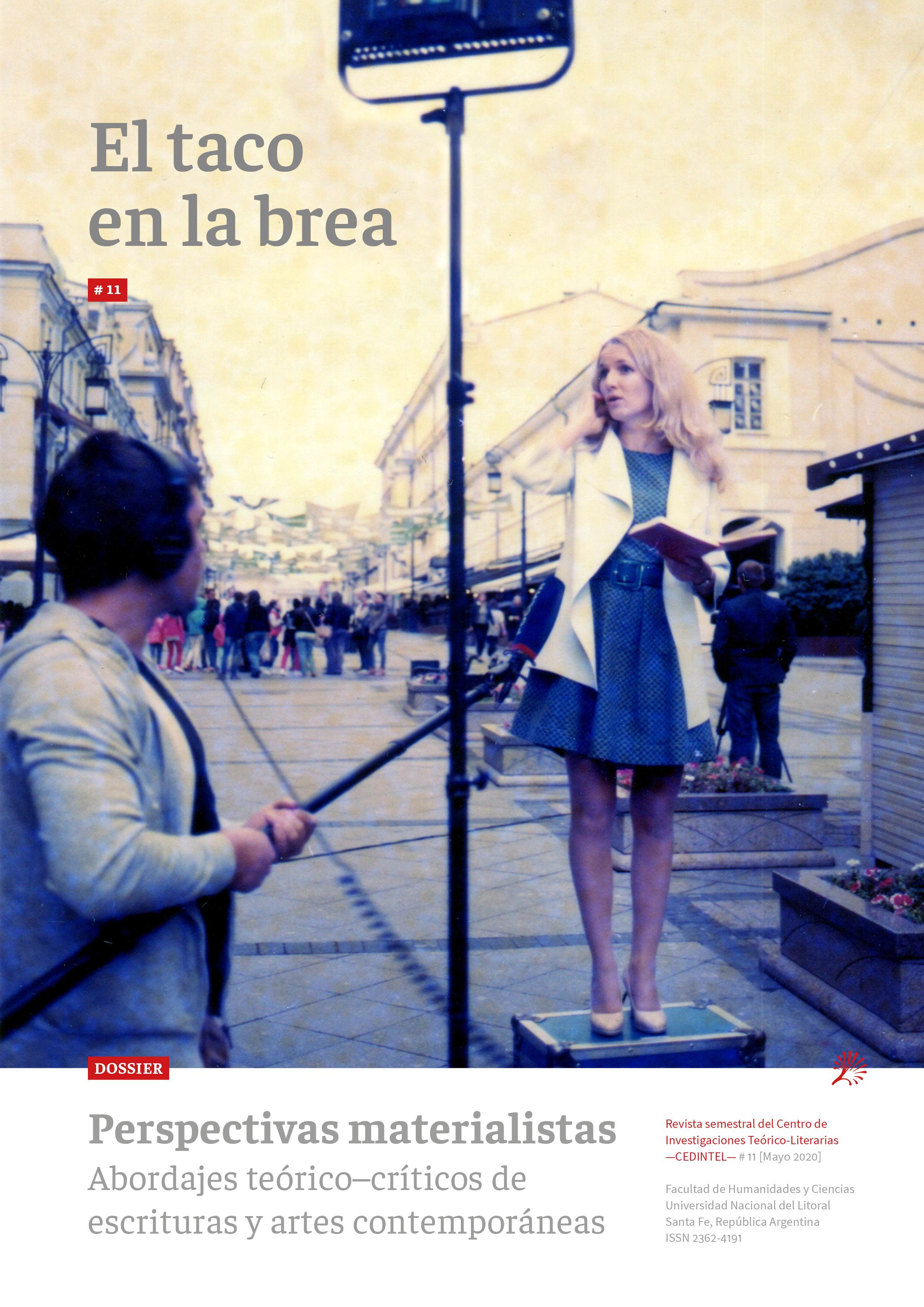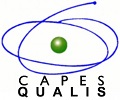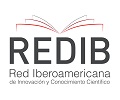¿Y mañana qué? Aproximaciones al presente desde la ciencia ficción latinoamericana del siglo XXI
DOI:
https://doi.org/10.14409/tb.v1i11.9164Palabras clave:
ciencia ficción, agencia, biocapitalismo, poshumanoResumen
El siguiente trabajo parte de una pregunta urgente: ¿Y mañana qué?, es decir, ¿existe un mañana para nosotros los terrestres en este tercer planeta del sistema Solar? El calentamiento global y la desaparición de refugios que permiten el desarrollo de múltiples formas de vida, humanas y no humanas, así como de actores abióticos, ponen en duda la posibilidad de tener un futuro compartido aquí en la Tierra. En tiempos del Antropoceno, el biocapitalismo como sistema que gestiona y regula los modos de vida globalizados aniquila alternativas en el presente y destruye las condiciones materiales de sostenibilidad mínimas, la futurabilidad misma del presente. La crítica al humanismo antropocéntrico, que postula al humano como único existente dotado de agencia, se torna necesaria para poder pensar un mañana poshumano. A partir del análisis de dos novelas de ciencia ficción latinoamericanas editadas en este nuevo milenio —Las constelaciones oscuras (Oloixarac) y La segunda enciclopedia de Tlón (Meier)— pretendemos abordar estas cuestiones. Lo poshumano, que no es sino ese presente negado por el sueño del Capital, significa una herida mortal al humano moderno. Nuevos horizontes se abren en los cuales la inmanencia radical supone una redistribución de los agentes de la geohistoria.





















